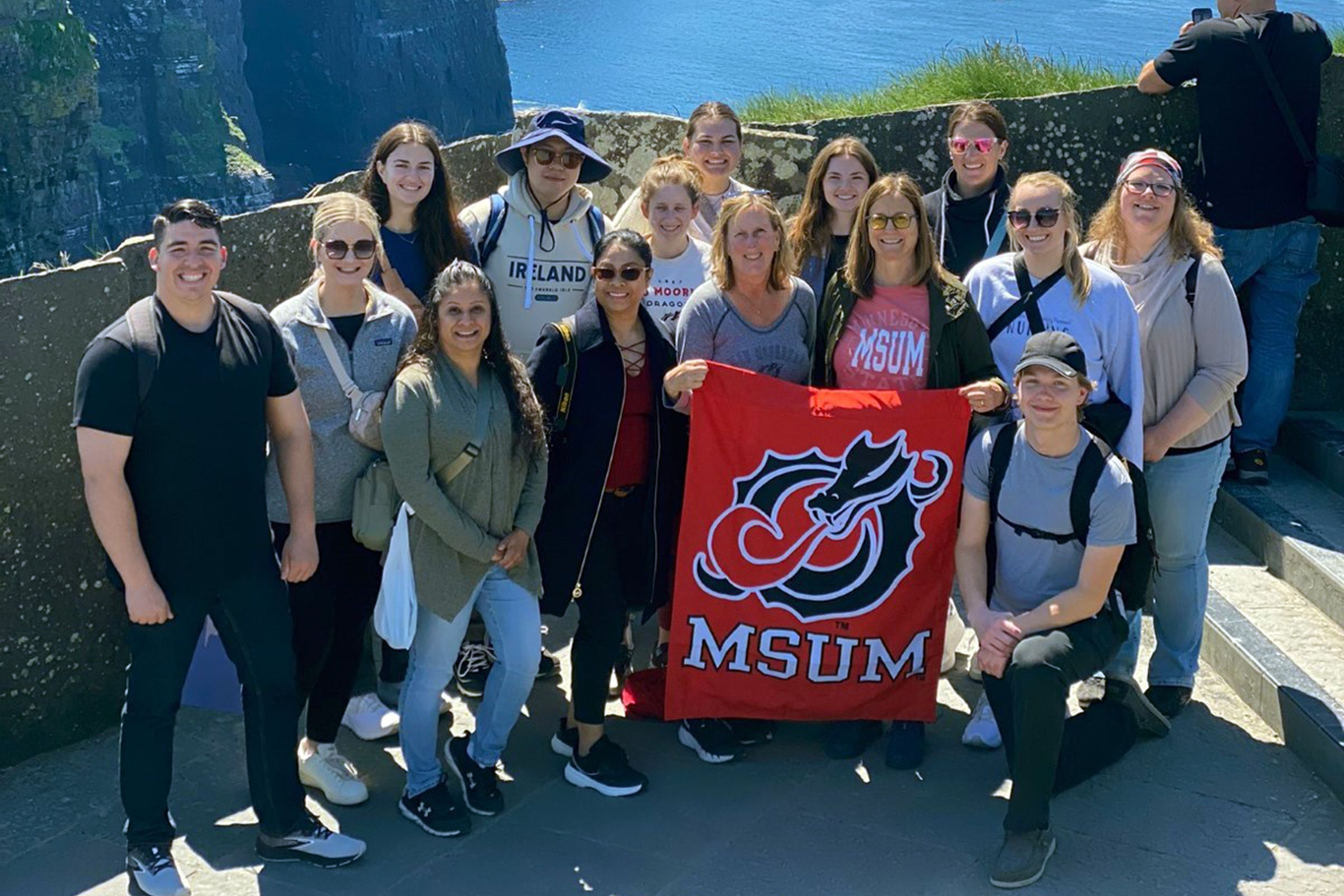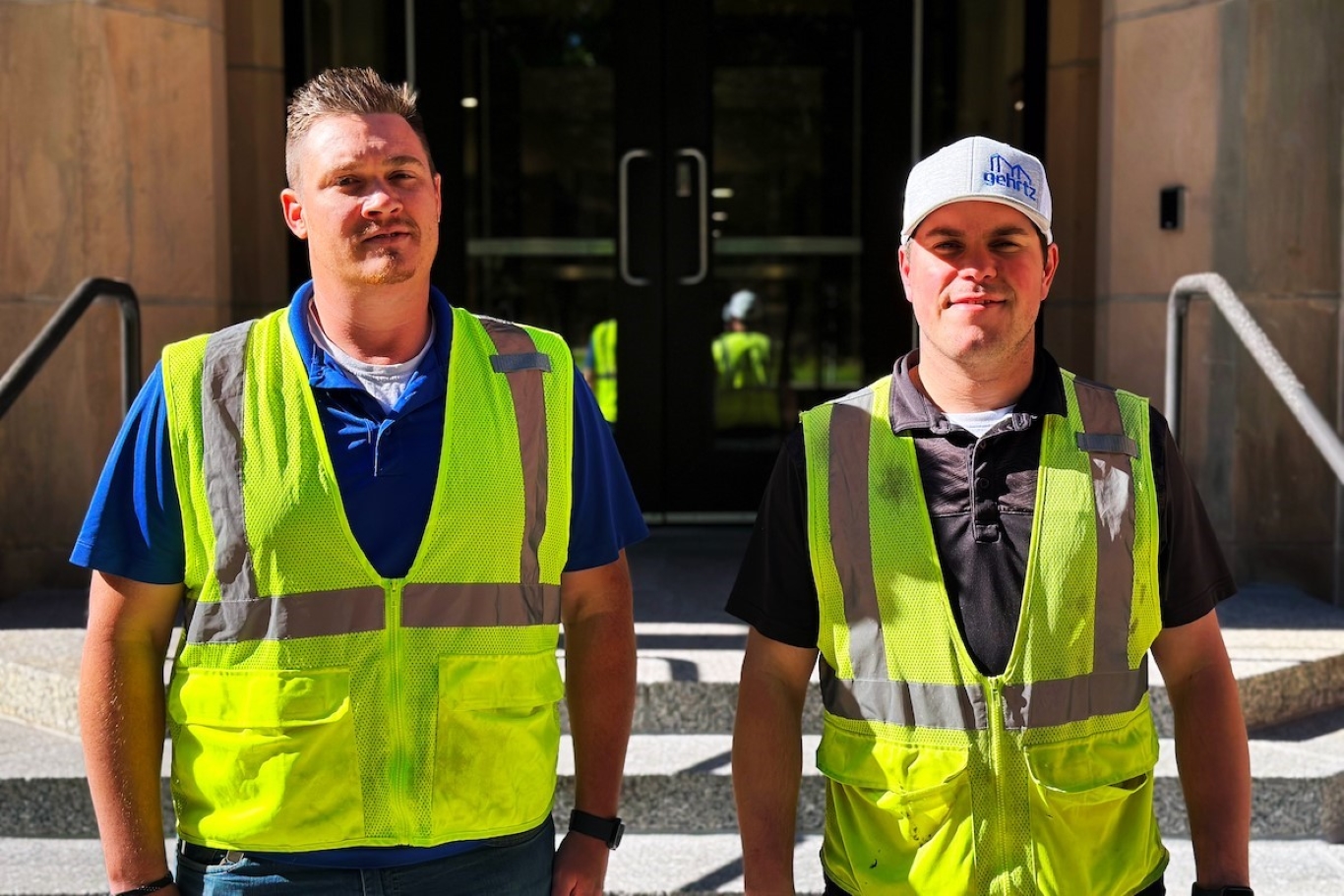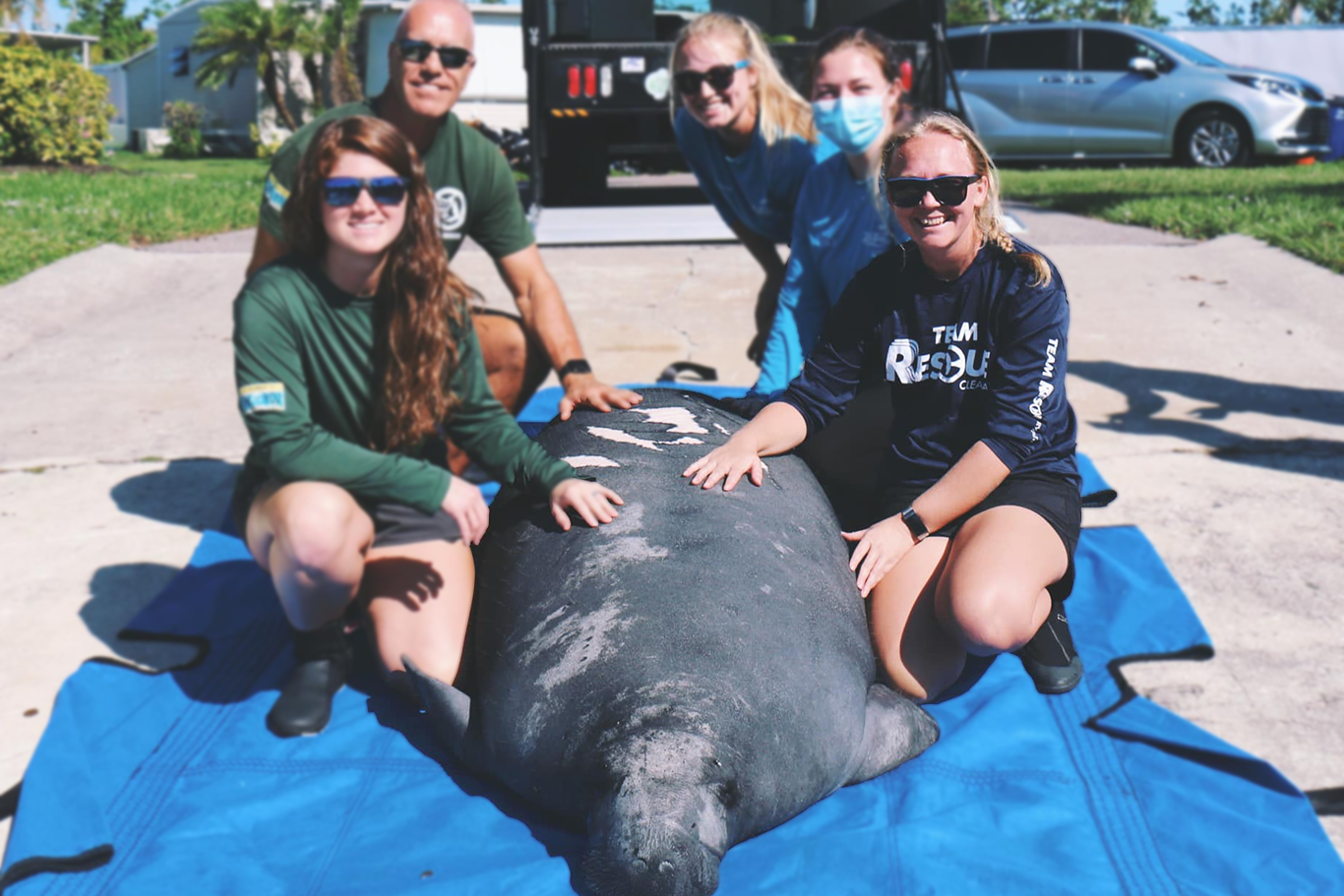Chief of police, chief of change
Mike Ceynowa ‘97 could have had a long career as a police officer without a bachelor’s degree, but his four years at Minnesota State University Moorhead instilled in him a deep passion for service and the resourcefulness to notably impact the communities he’s served.
On Oct. 7, 2022, Mike was sworn in as the 37th Chief of Police for the Duluth (Minn.) Police Department.
Originally from Fridley, Minn., a first ring suburb of Minneapolis, Mike grew up in a neighborhood with probation officers, police officers, nurses, coaches and others in service roles.
Influenced by these early connections but drawn to the feel of a smaller town, Mike visited MSUM and liked its compact, traditional college look with buildings clustered around a common green space.
Once enrolled, he appreciated his professors, too: “I enjoyed their stories…how they engaged their students was really impressive.”
But Mike especially loved being near his family’s lake cabin in Perham, Minn., where he could duck hunt and fish, and get some help with laundry.
While on campus, Mike was busy. He was a resident assistant and then an assistant to a hall director. He was also an administrative assistant with security and campus housing during his senior year, while serving as a reserve deputy for the Cass County Sheriff’s office and as a corrections officer for the Clay County Sheriff’s department.
“Being in Fargo-Moorhead afforded me a lot of interesting opportunities to prepare me for my profession,” he says.
Though he began his criminal justice degree with the intention of being an attorney, Mike kept feeling a tug toward policing.
“In law enforcement, every day has unique challenges, different opportunities, diverse ways to problem solve …. I love the outdoors. You work in all sorts of elements. And develop deep relationships with people of all walks of life.”
After MSUM, Mike worked as a part-time aid worker for the Ramsey County (Minn.) Juvenile Detention Center and as a community service officer for the Crystal Police Department. As he commuted between jobs in the Twin Cities, he missed the traffic-free life of Fargo-Moorhead.
When a spot opened up with the Duluth Police Department, Mike was again drawn to a “big small town,” with its vibrant art culture, outdoor lifestyle, and laid-back atmosphere.
“Duluth fit the bill. Metropolitan city on the biggest freshwater lake, place where I had come as a kid to go skiing and grouse hunting and camping. It just felt right.”
In January 1998, Mike began as a patrol officer in the Lincoln Park area of Duluth – then a rougher neighborhood but now a revitalized district of restaurants, breweries and cider houses.
Soon after he went into investigations (violent crimes unit) and worked with death investigations, robberies, homicides and serious assaults. He was promoted to sergeant and went back to the street for a few months before being tapped to take over the crime scene investigation unit, which was advancing its technology to process evidence faster.
Mike then returned to patrol for eight months before taking over the major crimes bureau – crime scene investigation; sex crimes, abuse and neglect; the domestic violence response team; juvenile violent crimes; and property and financial crimes.
In this realm, he led key initiatives that helped survivors of violent crimes. His team streamlined access to services to ensure that victims living with disabilities or language barriers, housing instability, addiction, mental illness and other issues connect with advocates quickly and continually. Mike is exceptionally passionate about advocacy work.
Three years later, when Mike Tusken became Duluth Chief of Police, Mike Ceynowa moved into leadership of Professional Standards, including internal affairs, investigations, technology, recruiting, and training of new and current staff.
He then pivoted again to the patrol division, serving as deputy chief for eight months.
“Every time I try to get back to patrol, I tend to get pulled back into more administrative or investigative roles,” he says with a laugh.
In each position, Mike has found both memorable joys and great challenges.
He navigated leadership changes with community partners, wrestled with internal affairs complaints, saw how witnessing domestic abuse and sexual assault impacted his team, and dealt with the hardest: “whenever there’s a tragic loss of life.”
Recruitment remains an ongoing hurdle as cops who were hired in the 1980s and ‘90s retire and current officers leave the career or switch to departments that offer less stress or a new experience. What’s more, COVID limited face-to-face interaction. And national trust in law enforcement must be rebuilt after the killings of Michael Brown in Ferguson, Mo., and George Floyd in Minneapolis.
Despite these daunting trials, Mike is inspired by the times he runs into those he once arrested. For example, he crossed paths with a former burglar who now manages a fast food restaurant. The man thanked Mike for halting him in the midst of a gambling addiction and setting him on the right path.
“Those are the little things [that motivate you] when you deal with the tough things,” says Mike.
A larger work force is needed to trigger these types of life transformations, he says.
Mike explains how fewer than 800 people took the last post board exam in Minnesota, the licensure test required to become a police officer. (Around 1,000 were taking it at the time Mike tested.)
Mike remembers the stress of testing and coursework but knows that his degrees laid the lines of his journey.
He holds a Master of Science in Public Safety Executive Leadership from St. Cloud State (2005) and has completed a variety of national police and leadership courses. He felt that he pursued his master’s “for the right reasons – it was fun to dig into concepts that you only scratch the surface of with a bachelor’s. It solidified my ability to take great leaps.”
But his bachelor’s degree from MSUM helped get his foot in the door, as his classroom work was combined with opportunities in the residence halls and agencies in the community.
“Policing isn’t necessarily a job that you need a four-year degree for, but I think the world experience that comes with that – the ability to think through complex problems that a bachelor’s degree affords you – was very helpful in my formative years,” says Mike.
Overall, the goal is to take all that knowledge and experience and to develop a whole team of leaders.
Mike has coached kids’ baseball for years. He considers his responsibility as chief police to be similar.
“The work that I do is coordinating my team. My role here is the manager, making sure I get people in the right positions, giving them challenges to improve themselves. I want to make sure our great people have the tools, the training and the relationships to effectively do their job.
“I am reaching out to community members or working with other organizations, city and county departments who can help us manage this workload – finding ways that we as law enforcement can get out of the business so they can work with somebody who is better equipped and better trained to handle social ills,” says Mike.
“That’s where I see myself in this: helping orchestrate and challenge people, giving them the opportunity to grow and develop in their careers like [I did] with the opportunities I had.”
Minnesota State University Moorhead now offers a master's in criminal justice to provide training in police science and public safety, security and loss prevention, restorative justice and other diverse service careers.
Make Sure Your Story Is Heard
Let us know how your life has been changed by being a Dragon: tell us your MSU Moorhead story today!
Send Us Your Story


